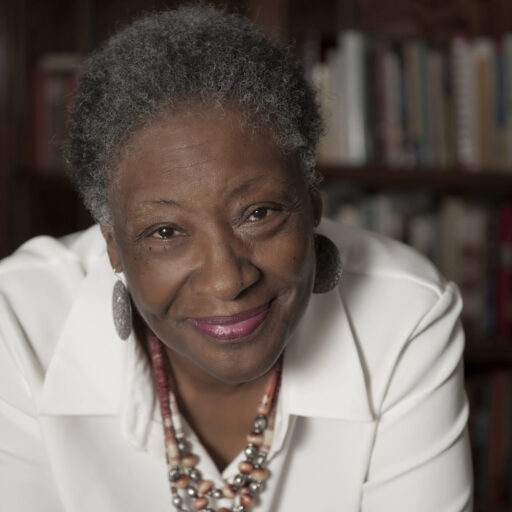As I look forward to the new year and prepare myself for it I have a number of “practices” that serve me well. Although I am often haphazard and inconsistent in my journaling, I do write furiously on its pages when I am in the midst of major challenges and transitions, and when frankly folks, especially the ones I love, have gotten on my last nerve. At the beginning of the year I create a mantra or goal to guide me through the year. In 2016 the goal was to let go of attitudes, beliefs and relationships that no longer serve me. That of course is a life-long task. But going back over the pages of my journal I felt gratified to see how hard I had struggled to do just that, and how much I had achieved along the road of a journey that is never really complete. Yes, I back-tracked, got stuck, was unreasonable and unreasoning, but I kept returning to the goal that I decided would activate my emotional growth and I made progress, real progress. Looking back allows me to reflect, remember, appreciate and to give myself credit, something we don’t often do. Yes you can visit the same river twice.
Looking Back
I look back but I also look forward. I am absolutely convinced of the deep and abiding power of the word and especially the written word. So my new year begins with a Letter to God (for me that means everything activating the universe). In the letter I claim my desires for the new year, seal it in an envelope and open it nine months later. Call me a witch, a dreamer, call me crazy. But writing my goals and letting them go in this way, I always find that when the envelope is opened many of those goals have been achieved or are in process.
Sometimes You Are Called
For nearly four years I found myself researching and writing a novel about a woman who has to love and support her husband as he develops Alzheimer’s disease and more and more becomes a stranger to her. For many months I had been writing another novel and the more I wrote, the more I felt like I was tilling an arid, resistant field, rather than a space that could actually bloom. So I stopped writing and waited to get another assignment from God. That assignment was a story about Alzheimer’s disease and its impact on a family and a marriage. I spent time in a Memory Care Unit talking with those with the disease, as well as those who cared for them. I talked with family members caring for loved ones with Alzheimer’s, doctors, researchers and counselors and therapists responding to the often overlooked needs of family caregivers. I discovered that African Americans are twice as likely to develop dementia and Alzheimer’s (the most serious form of dementia) as other groups. No one knows exactly why. But higher rates of diabetes, high cholesterol, high blood pressure and obesity are risk factors that most of those studying the disease say play a role in explaining the startling statistic.
Alzheimer’s is a particularly cruel disease, one in which it is said that the person dies twice, first as they lose cognitive abilities, speech and other functions and then when they succumb to the disease.
It is cruel also in the way in which it steals from families loved ones in their prime, when they are traditionally looked to for wisdom, advice, and support by their children and younger relatives. Elders, seniors have enormous well springs of experience that as more and more are affected by the disease we as a society will lose. By 2050, without a cure or a major treatment to stall the disease half of all those 85 or older could have Alzheimer’s and forty percent of those with it could be African American.
Alzheimer’s doesn’t “start” in middle age, it develops over a life time. So the health habits of a sixteen year old, the brain health of a twenty-five year old impacts how much at risk they are to develop the disease. Exercise, eat right, stay curious and learn new things, all that fights Alzheimer’s. Writing about this illness forced me to think deeply about the big existential questions of life, death, living and dying. It forced me also to think as well about family, love, loyalty, and how life has a way of going on and on.
I will blog about that journey in the coming months. If you are caring for or know someone with dementia or Alzheimer’s share your experience and thoughts with me. You may also download a free chapter from my forthcoming book here.







